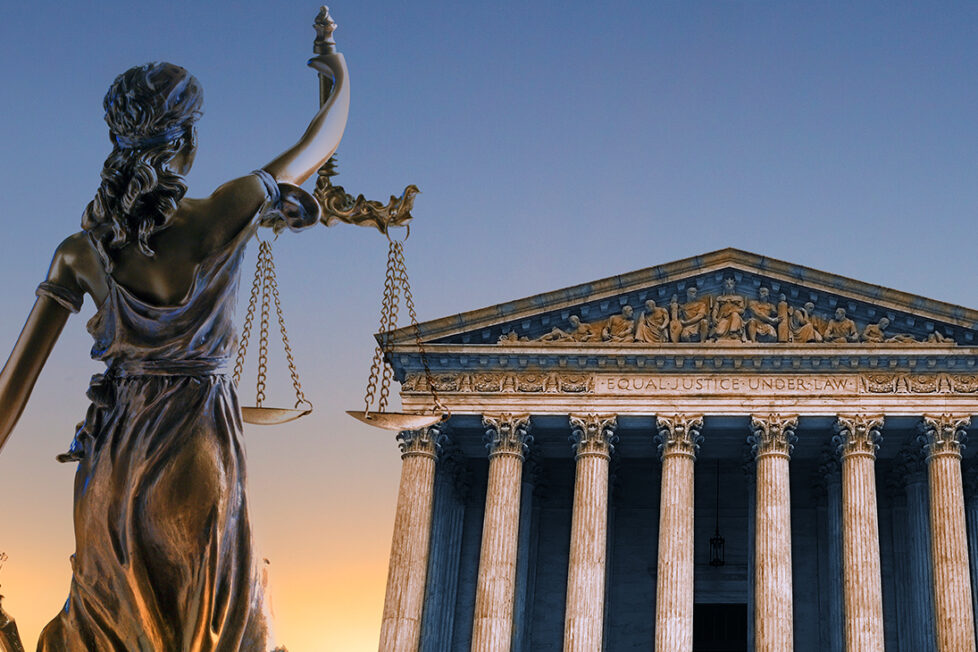Can Donald Trump serve as president if he’s convicted of federal crimes?


By: Stacy M. Brown / NNPA
Can Donald Trump still run for President despite facing federal charges? Yes.
Can he serve as President if he’s convicted of any of the dozens of federal charges he’s facing?
Richard L. Hasen, a Law Professor at the University of California, Los Angeles, specializing in election law, believes that Trump could serve as President again in 2024 if he wins the election.
“The Constitution has very few requirements to serve as President, such as being at least 35 years of age. It does not bar anyone indicted, or convicted, or even serving jail time, from running as President and winning the presidency,” Hasen told CNN.
However, whether a President could serve while incarcerated remains largely unknown.
“How someone would serve as president from prison is a happily untested question,” Hasen said.
Trump is facing serious criminal charges, including conspiracy to defraud the United States, obstruction of official proceedings, and conspiracy against rights.
There are other charges related to mishandling classified documents and a scheme involving a payment to an adult film star.
[SCROLL BREAK!!! Bayou Beat News can also be found in PRINT at a store near you. Click the link below to check out our E-Edition!]
These are separate from the federal indictment tied to the special counsel’s investigation.
Should Trump be convicted before the 2024 election and still emerge as the victor, he might attempt to grant himself a pardon, Hasen suggested.
However, the legal validity of such an action remains uncharted territory.
“Whether he can do so is untested. The Supreme Court may have to weigh in,” Hasen added, pointing out that Trump could potentially appeal a conviction to the conservative-leaning Supreme Court.
Conviction at the federal level or in New York would have consequences beyond the presidency.
If Trump is found guilty of a crime, he would not be allowed to vote in Florida, where he currently resides, until after completing any punishment given to him.
Historically, individuals have run for office while facing criminal charges.
For example, Eugene V. Debs, who campaigned for President as a member of the Socialist
Party in 1920, ran his campaign from a prison cell and secured approximately 3 percent of the vote.
While the Constitution sets minimal eligibility requirements for presidents, such as age and citizenship, it does not impose limitations based on character or criminal record.
Consequently, states that prohibit felons from running for state and local offices do not extend these restrictions to federal positions.
If Trump were to be convicted and then exercise presidential power, the legal situation would be unclear. It would be unprecedented and likely face a lot of scrutiny and legal challenges.
Only time will tell how the U.S. legal system will address such a complex and contentious situation.
